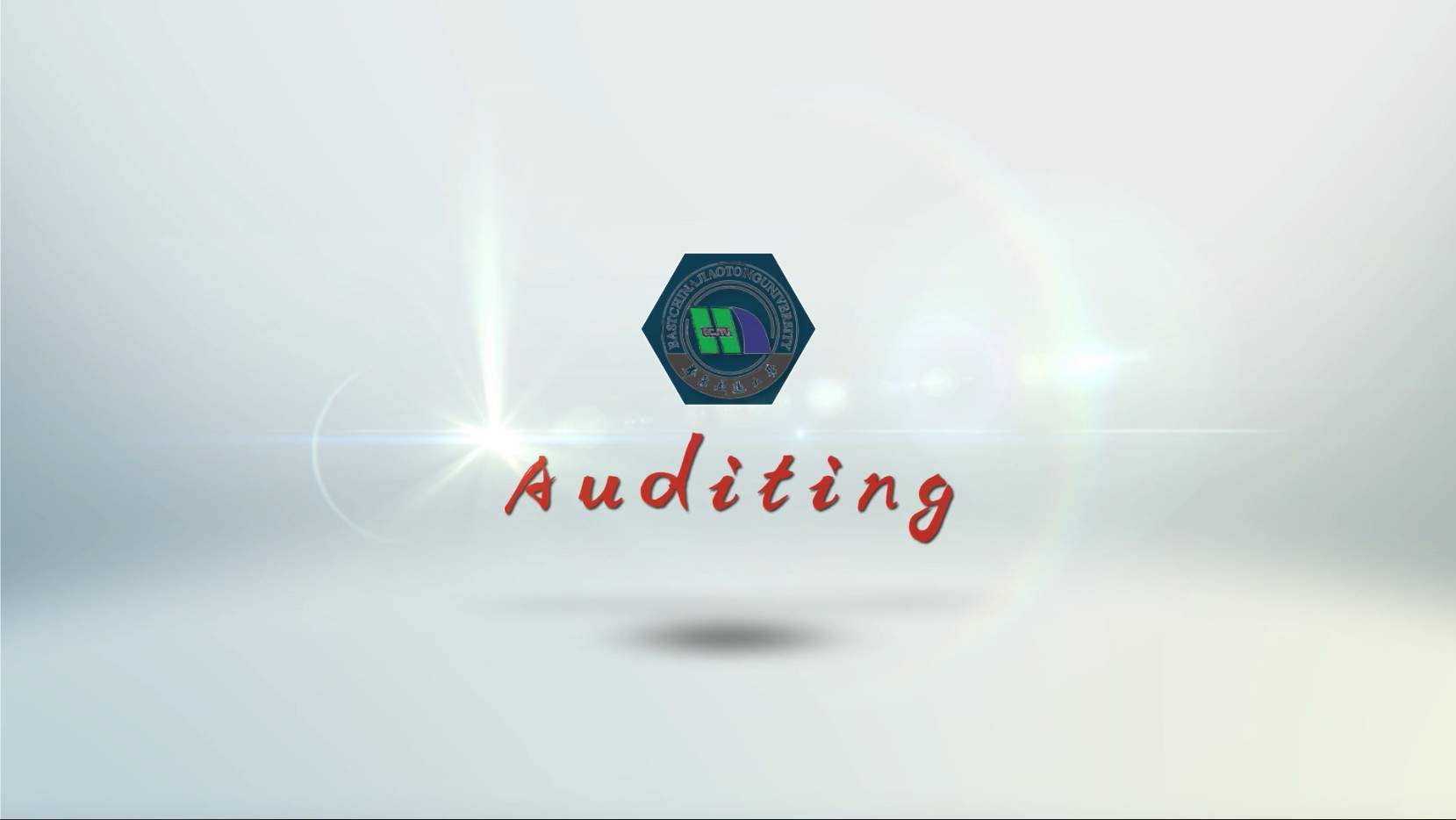第四章测试1.The underlying reason for a code of professional conduct for any profession is: ( )
A:that it is required by federal legislation. B:that it provides a safeguard to keep unscrupulous people out. C:the need for public confidence in the quality of service of the profession. D:that it allows licensing agencies to have a yardstick to measure deficient behavior.
答案:C
2.Which of the following is(are) true concerning the Ethical Principles of the Code of Professional Conduct? ( )
A:I and II B:II only C:Neither I nor II D:I only E:They identify ideal conduct.I F:They are general ideals and difficult to enforce. 3.One of the AICPA's Ethical Principles deals with the public interest. It states that members should accept the obligation to act in a way that will: ( )
A:Honor the public trust -YesServe the client's interest- Yes B:Honor the public trust- NoServe the client's interest- No C:Honor the public trust-YesServe the client's interest- No D:Honor the public trust- NoServe the client's interest-Yes 4.Four of the six Ethical Principles in the AICPA's Code of Professional Conduct are equally applicable to all members of the AICPA. Which of the following principles applies only to members in public practice? ( )
A:Scope and Nature of Services B:Integrity C:The Public Interest D:Due Care 5.The Sarbanes-Oxley Act permits the auditor to perform a wide variety of non-audit services for audit clients. ( )
A:错 B:对
温馨提示支付 ¥3.00 元后可查看付费内容,请先翻页预览!

